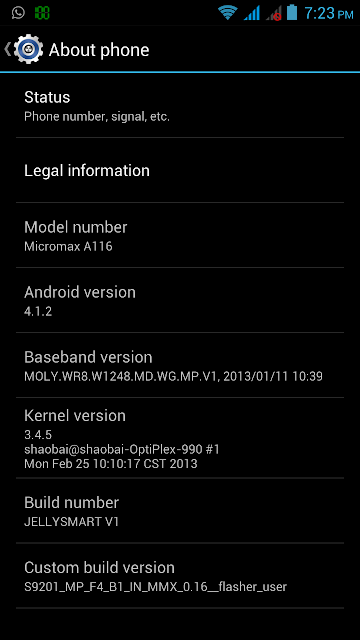RoR: Comeback of Ruby
Is it software? This was my question, when I heard about RoR (Ruby on Rails) for the first time. Then, I used all the popular search engines(Special thanks to Google) to digg about it. Hope you would find the following information useful & intresting:
Ruby on Rails is an open source web application framework written in Ruby (An old object-oriented programming language with a super clean syntax emerged in early 90's [1995]).
Rails Framework takes full advantages of Ruby's simplicity, which helps to create dynamic web application much faster than any other development framework.
Ruby on Rails was extracted by David Heinemeier Hansson while working on Basecamp, a project-management tool by 37signals. It was released to the public in July 2004.
Ruby on Rails' works on two guiding principles:
- Don't repeat yourself (DRY) or Once and Only Once
DRY says that every piece of system knowledge should have one authoritative, unambiguous representation. Every piece of knowledge in the development of something should have a single representation.
DRY emphasizes that any information should not be duplicated. Duplication can increases the difficulty of change, may decrease clarity and increases the opportunities for inconsistency.
- Convention over configuration (CoC)
Convention Over Configuration means that we only need to define configuration that is unconventional.
Rails works with many popular web servers and databases. For web server, we may use Apache or lighttpd, running either FastCGI or SCGI, or Mongrel. For database, we can use MySQL, PostgreSQL, SQLite, Oracle, SQL Server, DB2, or Firebird. It works with most of the operating systems.
To know more about RoR, following are must visit URL's:
http://wiki.rubyonrails.org/rails
http://www.onlamp.com/pub/a/onlamp/2005/01/20/rails.html
http://api.rubyonrails.org/
Ruby on Rails is an open source web application framework written in Ruby (An old object-oriented programming language with a super clean syntax emerged in early 90's [1995]).
Rails Framework takes full advantages of Ruby's simplicity, which helps to create dynamic web application much faster than any other development framework.
Ruby on Rails was extracted by David Heinemeier Hansson while working on Basecamp, a project-management tool by 37signals. It was released to the public in July 2004.
Ruby on Rails' works on two guiding principles:
- Don't repeat yourself (DRY) or Once and Only Once
DRY says that every piece of system knowledge should have one authoritative, unambiguous representation. Every piece of knowledge in the development of something should have a single representation.
DRY emphasizes that any information should not be duplicated. Duplication can increases the difficulty of change, may decrease clarity and increases the opportunities for inconsistency.
- Convention over configuration (CoC)
Convention Over Configuration means that we only need to define configuration that is unconventional.
Rails works with many popular web servers and databases. For web server, we may use Apache or lighttpd, running either FastCGI or SCGI, or Mongrel. For database, we can use MySQL, PostgreSQL, SQLite, Oracle, SQL Server, DB2, or Firebird. It works with most of the operating systems.
To know more about RoR, following are must visit URL's:
http://wiki.rubyonrails.org/rails
http://www.onlamp.com/pub/a/onlamp/2005/01/20/rails.html
http://api.rubyonrails.org/


Comments
Post a Comment